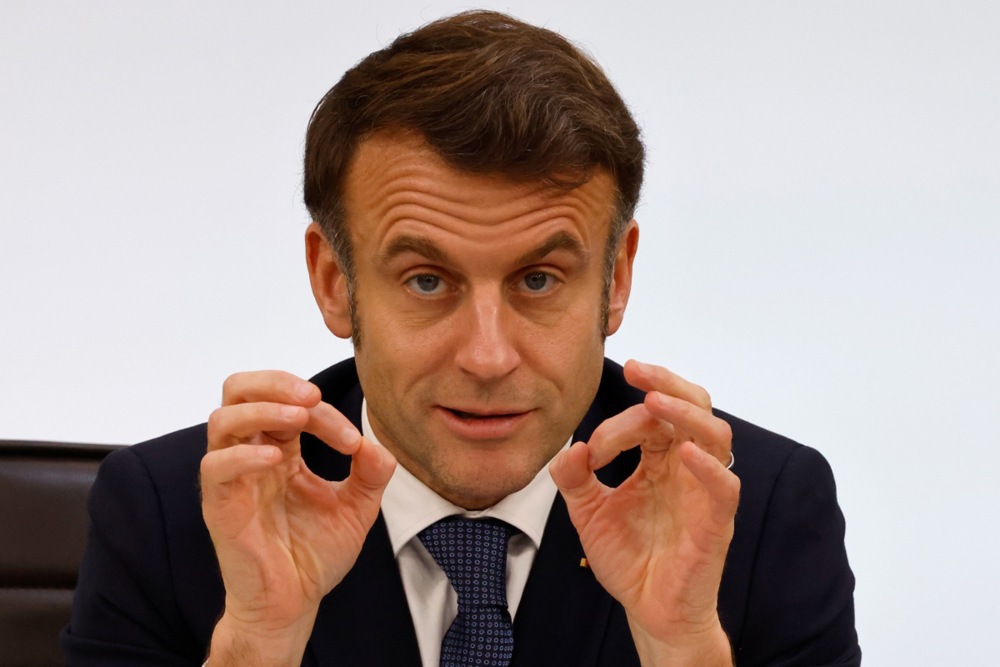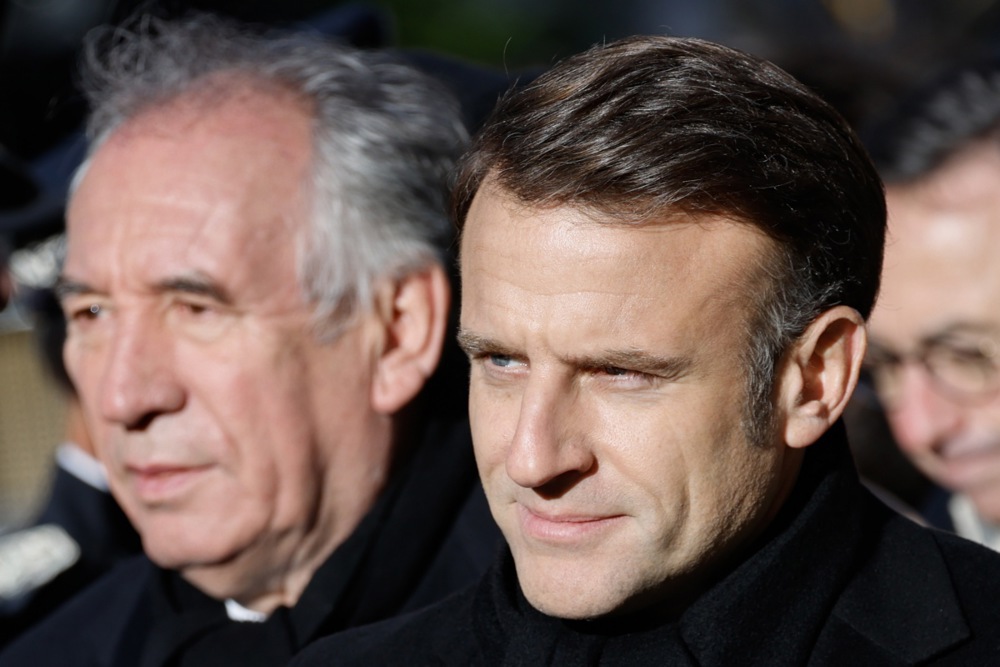French budgetary woes have received some unexpected relief from an unlikely benefactor: Greece, once seen as the black sheep of the eurozone.
As France is combating runaway shortages, Greece has repaid €1.1 billion in advance to Paris, offering a rare moment of relief.
During the Greek government-debt crisis of 2010, France lent several billions of euros to Athens, which was supposed to be repaid between 2033 and 2041.
The Conservative Greek Government has chosen to repay the money now, offering France a decade’s worth of breathing space when it badly needs it.
France, still wrestling with a widening deficit and a tense budget season, is clinging to its stated target of keeping the 2025 deficit on a glidepath towards 4.7 per cent of GDP by 2026.
That ambition has looked increasingly precarious amid faltering tax receipts and the government’s decision earlier this year to freeze several billion euros in planned expenditure.
As MPs prepare to scrutinise this year’s end-of-management finance bill, the unexpected Greek windfall has shifted the tone slightly, making the numbers at least look marginally less desperate than they did a month ago.
Parliamentarians seemed startled by what they found buried in the annexes of the latest documents.
“We can indeed thank our Greek friends,” remarked the centre-right Senate budget rapporteur Jean-François Husson, noting that the advance repayment directly trims France’s deficit.
His counterpart in the National Assembly, Philippe Juvin, was less gracious, using the opportunity to suggest France might consider learning a lesson or two from a country it once viewed as the eurozone’s fiscal delinquent.
For Athens, the repayment also serves a strategic purpose, namely demonstrating that Greece has finally put its debt crisis era behind it.
Its public finances, once a symbol of disorder across the continent, have stabilised enough to allow early repayments not only to France but also to other eurozone partners in recent years.
The government under Prime Minister Kyriakos Mitsotakis has been eager to highlight this transformation, particularly as Greece seeks to cement its regained credibility with credit-rating agencies and Brussels alike.
In Paris, though, budgetary worries continue to be a pain.
France’s public deficit remains among the largest in the European Union and pressure from both Brussels and the financial markets is intensifying.
Growth forecasts remain low and the government of President Emmanuel Macron continues to be dependent on the opposition to remain in place.
“In 2026, the domestic economic and policy uncertainty is set to weigh on real GDP growth,” the European Commission said in its latest forecast on the French economy on November 17.
French protesters were on September 18 staging a day of nationwide disruption in a show of anger over President Emmanuel Macron’s budget policies, with mass protests expected, transport chaos and clashes between police and demonstrators. https://t.co/cem6w9Vzvr
— Brussels Signal (@brusselssignal) September 18, 2025





